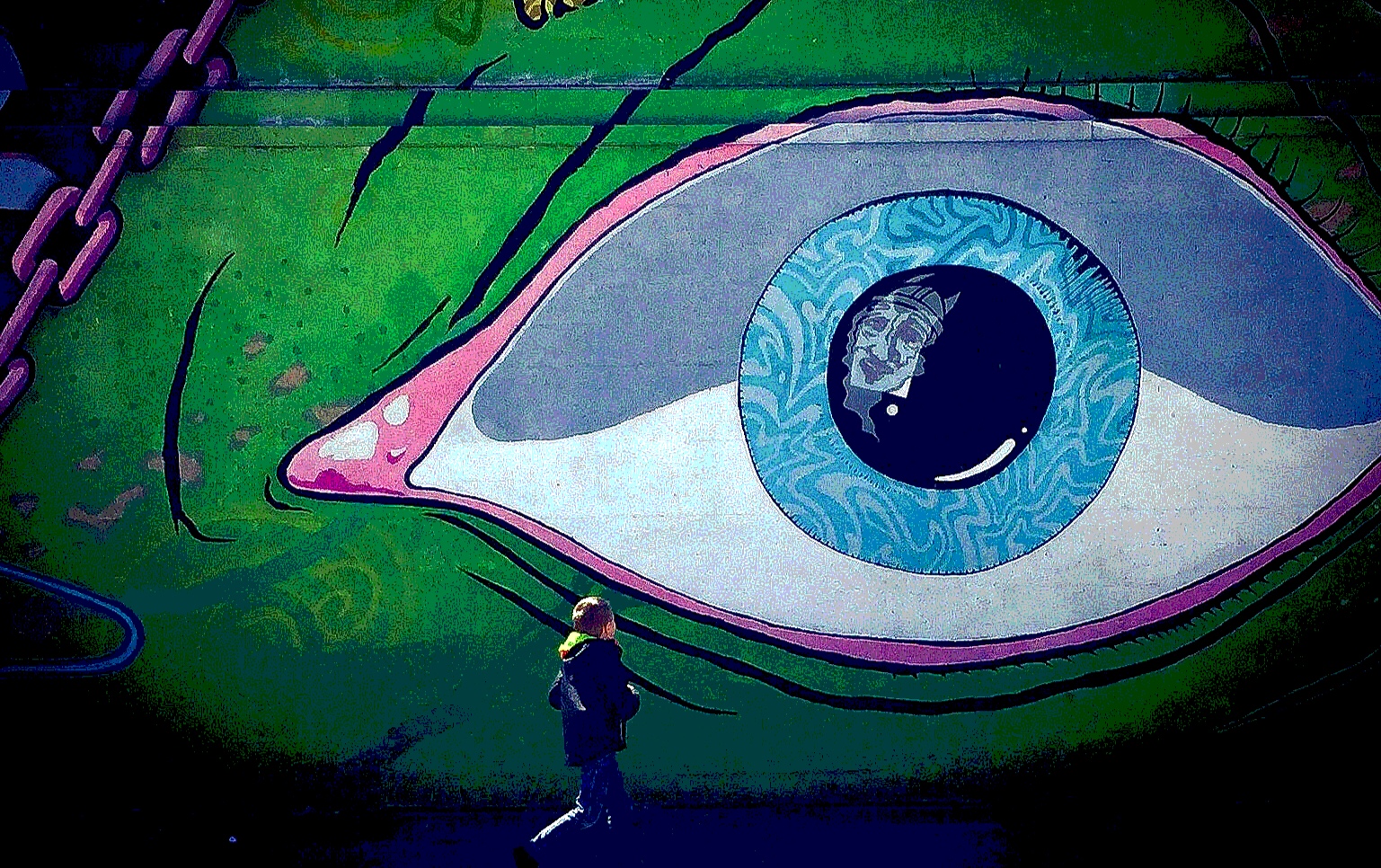Watched
Norfolk, VA: iPhone
“Never again will you be capable of ordinary human feeling. Everything will be dead inside you. Never again will you be capable of love, or friendship, or joy of living, or laughter, or curiosity, or courage, or integrity. You will be hollow. We shall squeeze you empty, and then we shall fill you with ourselves.”
(George Orwell)
There is an old story of customer service agents who were rewarded for speed and efficiency.
They would hang up on every third call as soon as it connected. While confused customers heard the line go dead, the agents were rewarded for reducing the average time spent per call.
New technology and artificial intelligence offer increasing ways to watch and measure ‘performance’ but we need to focus our organisational gaze with sensitivity and care.
As we zoom in on KPIs, deliverables, budgets and targets, we should avoid staring too intently at things we might do while staying blind to the qualities of how we might be.
These days, our corporate visions aim to foster collaborative team players in interdependent, interconnected, trusting organisations. Relationship, empathy, connection and collegiality are declared to be foundational to our shared endeavours.
But even though we know our professional lives are supported by others in a web of intertwined relationality, our management systems still incentivise personal accountability, individuality and transaction.
This ‘system world’ is gendered and elitist; the high quality connections necessary to deal well with complexity and uncertainty require the empathic social skills of nurturing, maintenance and relational competence.
Activity conventionally seen as feminine or low value and which is ‘disappeared.’
It’s not counted as ‘real’ work.
But the crisis in our social, economic and ecological situation demands that we extend our vision.
Rather than self-enhancement and self-employment, we need to watch for work that really counts. Work associated with emotional connection, mutual development and helping colleagues.
Going the extra mile for each other.
How can we open our eyes to that?
Notes:
Joyce K Fletcher named the invisibility of relational work in “Disappearing Acts: Gender, Power and Relational Practice at Work.”
You might also enjoy Jean Baker Miller’s seminal work: “Toward a New Psychology of Women”.
Jürgen Habermas looked at the ‘colonisation of the LifeWorld by the system’ when ‘non-rational’ activities such as love or art are deemed worthless by ‘the system.’
Finally, if you wonder what gender blindness looks like, have a look at “Invisible Women: Exposing Data Bias in a World Designed for Men” by Caroline Criado Perez
